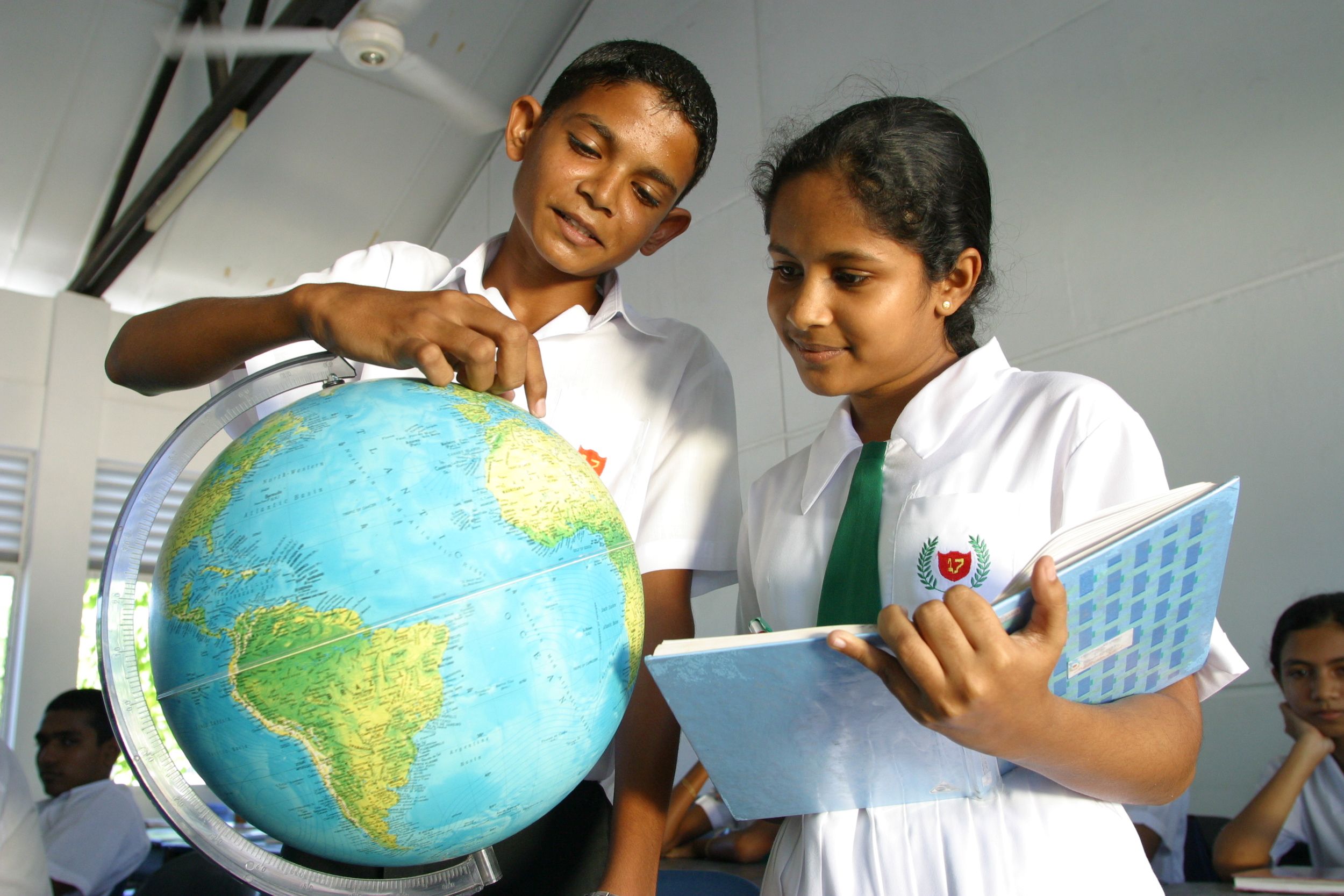Unfinished business: the pursuit of rights and choices for all
What has changed in the Maldives? asks the UNFPA’s country director.

11 Apr 2019, 09:00
The United Nations had high hopes for girls born 25 years ago. The race to build a brighter future for women in all walks of life began in 1994 with the adoption of the Program of Action of the International Conference on Population and Development (ICPD). The work of United Nations Population Fund (UNFPA) became intertwined with the ICPD Program of Action. This year ICPD celebrates its 25th anniversary and UNFPA marks its 50th anniversary. It’s an important junction to assess what has changed in the Maldives.
The State of World Population (SWOP) report for the year 2019, launched on April 10, helps us refine our focus: our vision must be to build a future where all women and girls are empowered, free to make their own choices and have opportunities to contribute to the socio-economic development of the country. Where all children are wanted and families make informed choices on the number and spacing of children so that the rights and dignity of all are protected. Maldives along with 178 other countries promised to commit to this vision at ICPD.
What has changed in the Maldives over the past twenty-five years? The answer lies in the life of Adeela, a young Maldivian woman whose story provides perspectives on the progress we’ve made and what further changes are required.
When Adeela was born twenty-five years ago it was commonplace for parents to worry about losing their infants at birth or to ill health. Fortunately, mother and child benefitted from the improving health services in the Maldives. Back then women on average gave birth to six children per woman. From every thousand births, three women died of complications and 31 infants died soon after birth. It was an improvement from when Adeela’s mother was a child – yet in 1994 panic and apprehension still hovered around pregnant women and infants. By the time Adeela’s younger siblings were born health institutions had been strengthened and care for pregnant women improved.
Become a member
Get full access to our archive and personalise your experience.
Already a member?
Discussion
No comments yet. Be the first to share your thoughts!
No comments yet. Be the first to join the conversation!
Join the Conversation
Sign in to share your thoughts under an alias and take part in the discussion. Independent journalism thrives on open, respectful debate — your voice matters.




